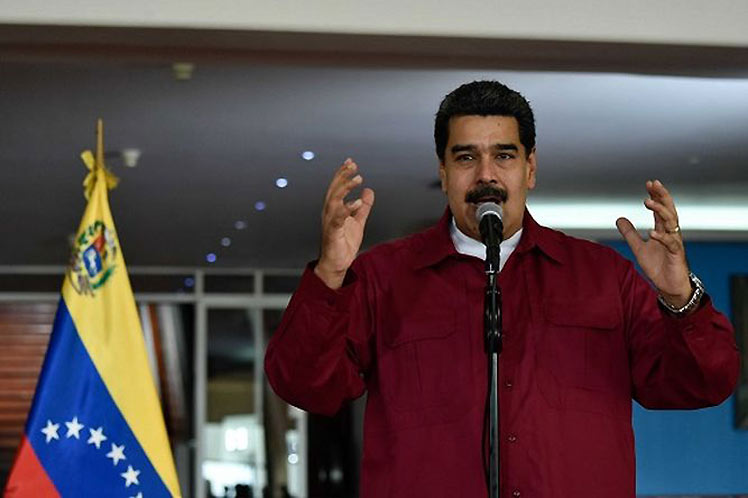Caracas: The Anti-Blockade Law presented by President Nicolás Maduro with a view to its approval by the National Constituent Assembly, today seeks to generate mechanisms for the development of Venezuela in the face of the aggressions of the United States, Prensa Latina publishes.
When presenting the objectives of the legal instrument before the plenipotentiary body, the Venezuelan president described the initiative as the first and necessary legal response to face the coercive measures imposed on the country as part of Washington’s strategy for regime change.
According to the Head of State, the law will promote actions to strengthen public management, improve the nation’s income, and create adequate incentives under flexible controls to stimulate internal economic activity and external productive alliances.
The legislation will allow the Venezuelan State to protect internal and external assets from the threat of confiscation, theft and looting by foreign governments or companies aligned with the blockade, through efficient management of these, the dignitary stressed.
Likewise, it will promote the establishment of alliances with productive sectors and companies inside and outside Venezuela for the development of strategic sectors, in addition to attracting large-scale productive investments and improving national income, by making the State’s shareholding more flexible in joint ventures.
The creation of labor and tax incentives and strengthening the use of crypto currencies in commercial operations to evade financial persecution are also part of the objectives of the new constitutional law, the President of the Republic said.
Maduro stressed that the legal framework designed for the current economic war scenario contemplates directing the country’s income towards the progressive recovery of workers’ wages, strengthening social protection programs and improving public services.
The president pointed out that due to the economic, commercial and financial blockade implemented by the United States through the successive application of coercive measures and the dispossession of assets, between 2014 and 2019 Venezuela experienced the loss of 99 percent of the volume of income in foreign currency.
‘In other words, of every 100 dollars or euros that the country obtained from the sale of oil in 2014, today it obtains less than one,’ said the dignitary, who denounced the negative impact on the availability of the foreign exchange necessary to purchase food , medicines, supplies and essential raw materials for the development of the economy.
In February of this year, Venezuela presented before the International Criminal Court a lawsuit against the United States government for crimes against humanity committed on the occasion of implementing successive actions of economic asphyxia against the South American nation.

